Brazil Carnival 2016: Videos And Photos From Rio De Janeiro, Recife And Salvador
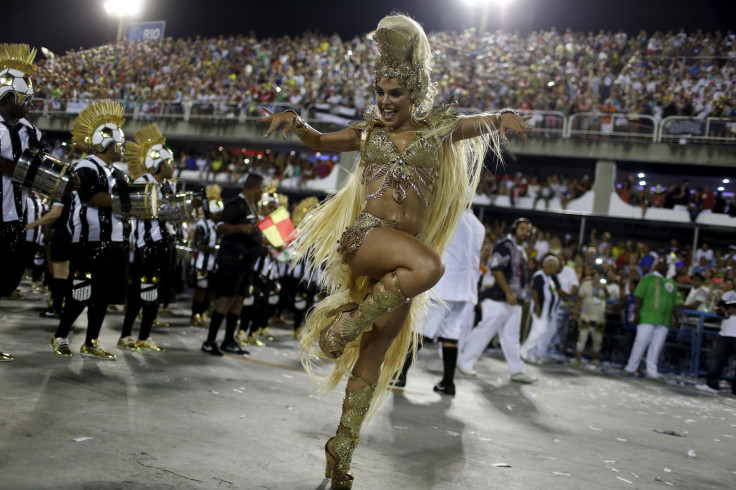
There was little that could stop people turning out for the 2016 Brazil Carnival this past weekend in Rio de Janeiro, Recife and Salvador, not even the much-feared Zika virrus that has recently spread across Latin America and the Caribbean. Millions took to the streets when the festival officially started Friday and continued through the weekend. It's expected that many more will take part in the final parades and balls scheduled for Monday and Tuesday.
The huge and exuberant parades are the public face of the event, with colorful and scantily clad performers from local samba schools traveling on intricately designed floats drawing the most attention. The event has been going since 1723, when Portuguese immigrants from nearby islands began throwing mud and food at one another, which often led to the event ending in fighting, according to Rio's official website.
The modern incarnation of the carnival has been going since the 1920s, when samba schools in Brazil began to emerge. Many of the original schools continue to take part today, even though a specially designed stadium became the main staging point for Rio de Janeiro's parades in 1984, taking over from traditional street performances. Most cities that hold major carnival events in Brazil now have dedicated staging areas with stands, seating and food.
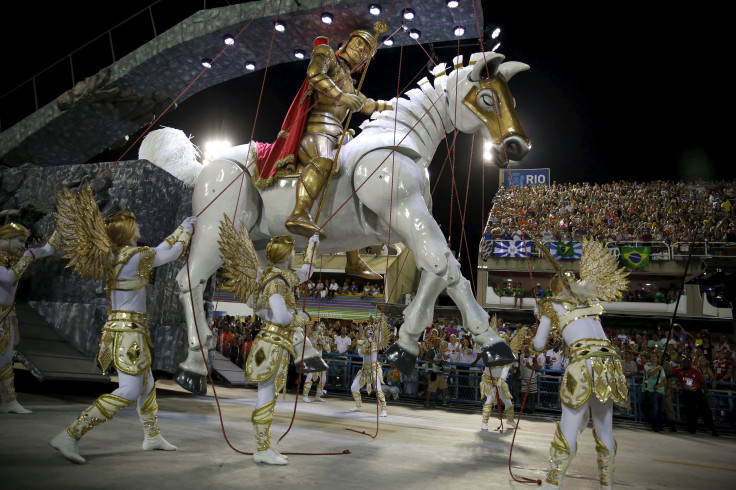
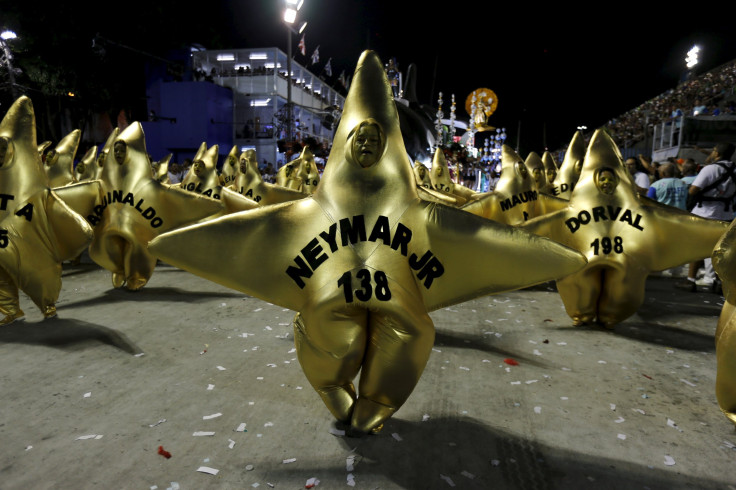
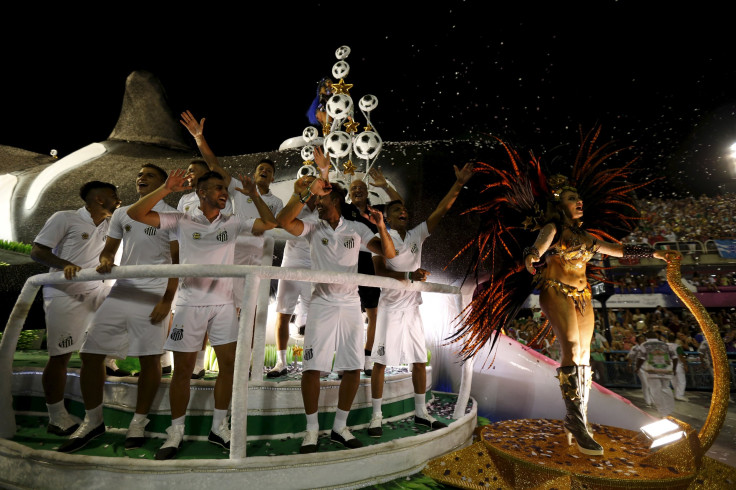
It was feared that the outbreak of the Zika virus would keep people away from this year's Brazil Carnival, especially in the northeastern city of Recife where the virus has been most prominent in the South American country. Some American travelers, who were considering visiting parts of Central and South America, have canceled or delayed their trips, according to a Reuters report Monday.
"I am actively trying to get pregnant with my husband, so I am a little bit concerned," said Erica, a respondent to a Reuters/Ipsos poll from late January who said she was bitten by a mosquito that month during a trip to the U.S. Virgin Islands, where Zika has been reported.
A recent Reuters poll conducted last week showed that 41 percent of 1,595 adult respondents said they were less likely to travel to Puerto Rico, Mexico or South America in the next 12 months because of Zika.
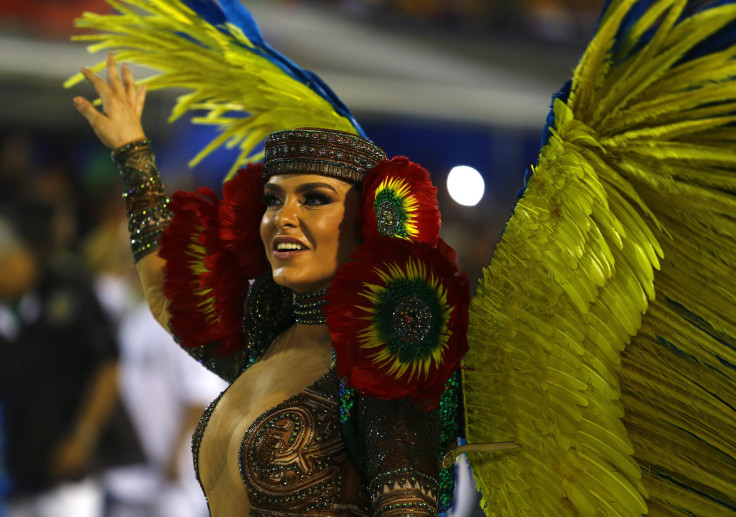

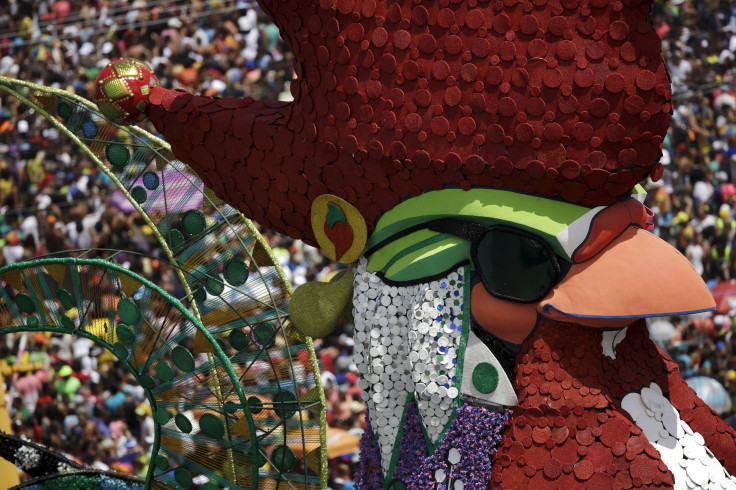
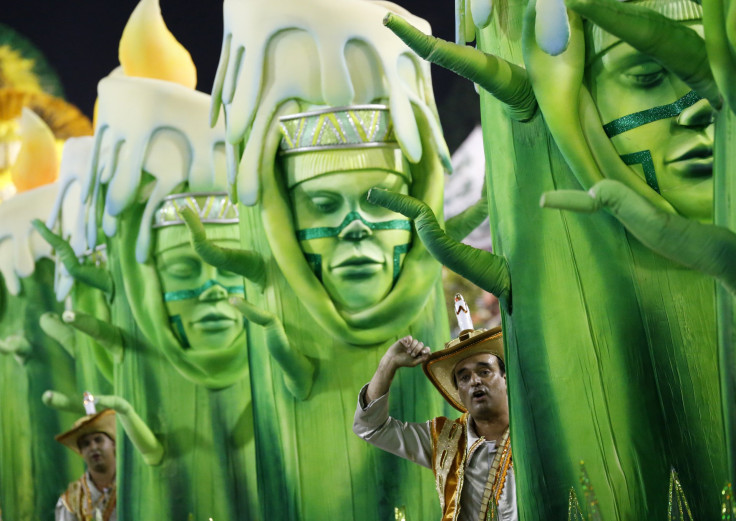
© Copyright IBTimes 2025. All rights reserved.






















